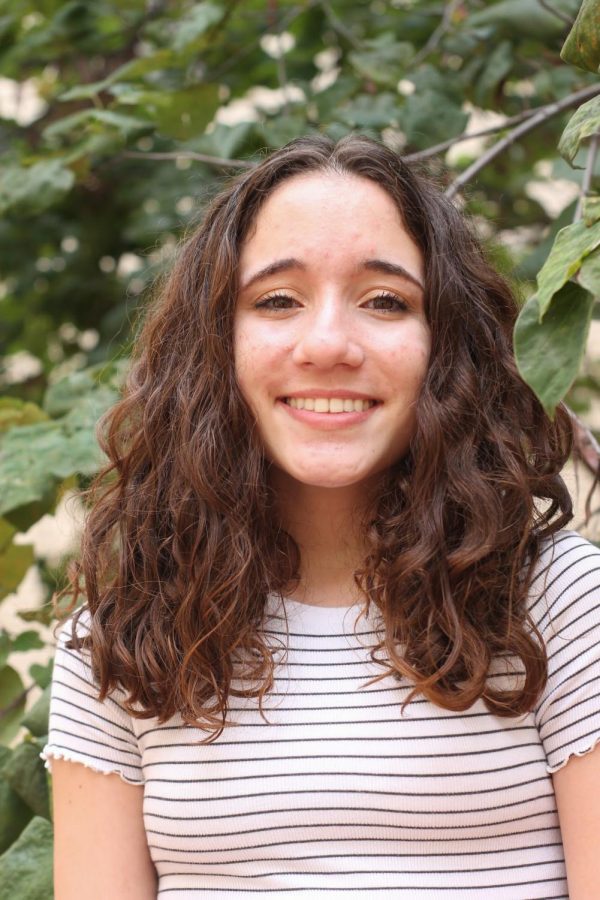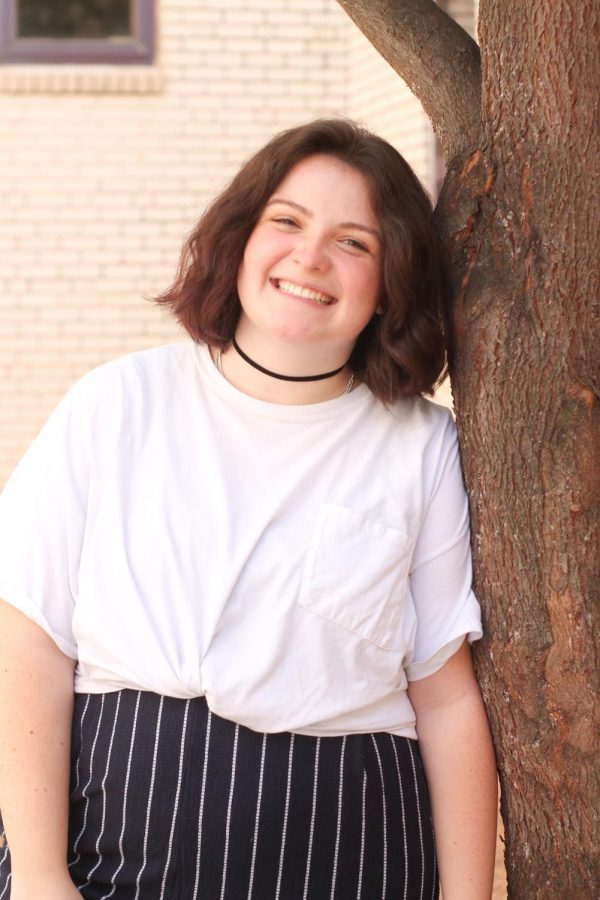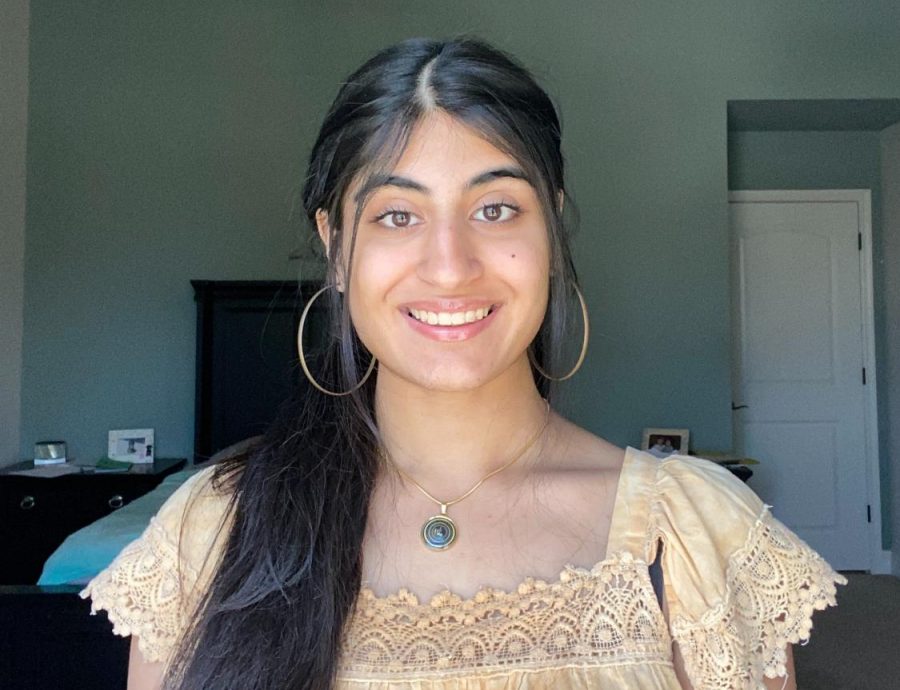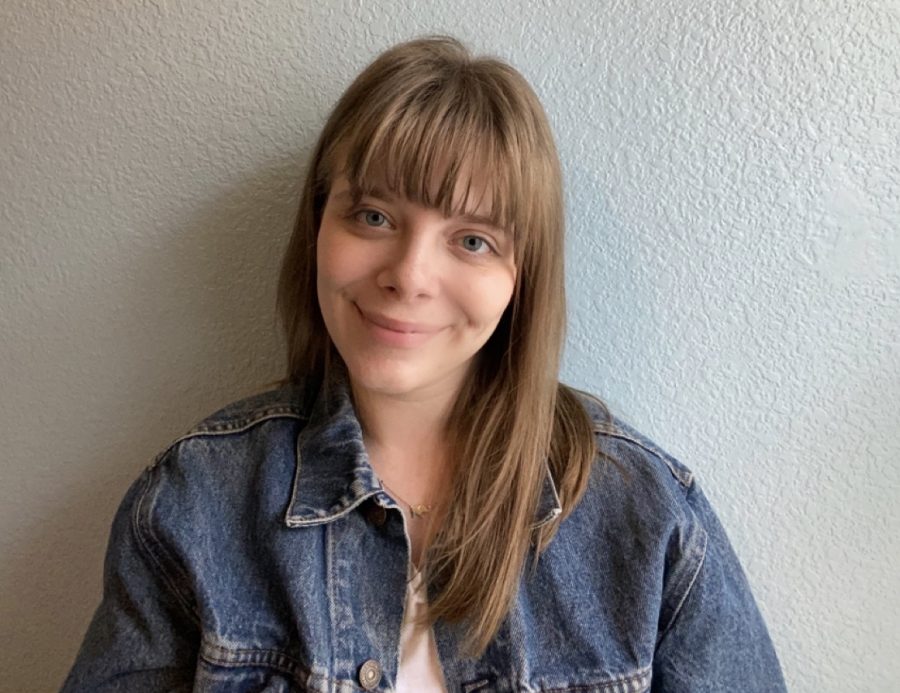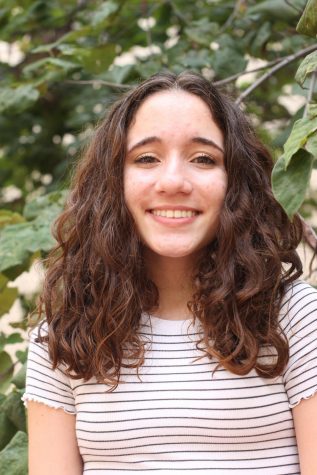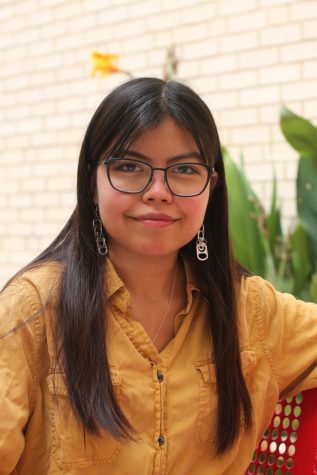My mother glared at me from across the kitchen.
It was the same look she’s given me since I was little — the one that allowed her to tell me exactly how she felt about me pinching my twin sister in the middle of the grocery store without saying having to say a word.
If looks could kill, this column would be my obituary.
I had told her that I wanted to go to Black Lives Matter protests, immediately leading her down a path of worst-case scenarios that ended with me either arrested or injured. I knew what was coming next — a lecture telling me not to get myself killed in college because I don’t know how to shut up.
I’ve always had strong opinions supporting social justice, but when the Black Lives Matter movement gained traction a year ago, I realized my privilege outweighed my shyness and I had to use it to actually fight for change. Suddenly, I was trying to talk about everything from feminism to immigration and LGBTQ+ rights with anybody who would listen.
It terrified my mom, making this argument a weekly occurrence. But every time she glared at me, I could see her trying to hide a smile, because it was like she was looking at herself.
I am a carbon copy of my mother, who is one of my biggest idols. It’s not so much about physical appearance, but more so the way that we exist as people.
We are both loud and talkative with a dry sense of humor. But more importantly, we are both angry about injustice and refuse to be silent about it. As much as my mom wishes I’d choose any other trait to steal from her, she’s the one who taught me to find my voice in the first place.
I used to be quiet and never stood up for myself, and my mom spent my childhood trying to change that. It was like a switch was flipped my sophomore year of high school.
I was suddenly old enough to see the injustices of the world, especially as a smaller female with Persian roots and an interest in journalism. While it was clear on a large scale, I began to see these breaks in justice in my own classes and on social media.
Suddenly, everything my mother had been trying to teach me made sense. When faced with injustice, many people stay silent, and I was often expected to do the same; as a five-foot girl with a high pitched voice and energetic persona, I don’t blame people for assuming I would turn a blind eye to racism and sexism. These expectations are exactly what my mom, who shares my energetic persona, was preparing me for. She made sure I could find my voice and break the silence when the time came.
I now like to believe that I have embraced her lessons to become a strong woman. Although I am still learning, I do my best to stand up for myself and others when I see injustice, whether it be against a male classmate who continues to touch my shoulder after I tell him it makes me uncomfortable or a classmate who left Islamophobic comments on Instagram.
The most difficult instance was taking a stand against my grandmother, who always preferred me over my sister and mother because I have pale skin, while theirs is darker. However, my mom supported me when I decided to write about it in The Marquee.
Although my mother and I have our differences, I could never express enough gratitude for the strength she taught me in the last 17 years. I hope that when I go to college, I am able to take this piece of my mom — the woman I always wanted to be like when I grew up — with me to stare injustice in the eye.




